As the digital world grows quickly, businesses are looking for better ways to reach their audience and keep them engaged. Email marketing has always been a reliable method, but today’s customers expect timely and personalized messages. This makes traditional email campaigns less effective. That’s why email marketing automation is becoming a game-changer — it helps brands send smarter, more relevant emails and supports faster, smoother business growth.
This comprehensive guide delves into the power of email marketing automation, exploring its core functionalities, the profound impact it has on digital growth, and the best practices for harnessing its full potential. From enhancing customer journeys to boosting ROI, understanding and implementing automation is no longer an option but a necessity for any forward-thinking enterprise.
What Exactly is Email Marketing Automation?
At its core, email marketing automation refers to the process of sending automated, triggered, or scheduled emails to specific segments of your audience based on predefined rules, behaviors, or timelines. Instead of manually crafting and sending individual emails, automation platforms allow businesses to set up sophisticated workflows that deliver the right message to the right person at the right time. This can range from a simple welcome series for new subscribers to complex re-engagement campaigns for inactive users.
The beauty of email marketing automation lies in its ability to operate around the clock, ensuring that your communication strategy is always active, responsive, and relevant, even when your team is not. It transforms repetitive manual tasks into streamlined, efficient processes, freeing up valuable time and resources.
Why Email Marketing Automation is Crucial for Digital Growth
The benefits of integrating automation into your email marketing strategy are multifaceted and directly contribute to accelerated digital growth. Indeed, email marketing automation is a powerful catalyst for achieving sustained expansion in the competitive online world.
Personalization at Scale
Modern consumers expect personalized experiences. Automation enables hyper-personalization by segmenting audiences based on demographics, purchase history, website behavior, and more. This means subscribers receive content and offers highly relevant to their interests, significantly increasing engagement rates and conversion opportunities. This level of tailored communication fosters a stronger connection between your brand and its customers.
Increased Efficiency and Productivity
By automating routine tasks such as sending welcome emails, abandoned cart reminders, or birthday greetings, businesses can dramatically improve operational efficiency. This allows marketing teams to focus on strategic planning, creative content development, and analyzing campaign performance rather than manual execution, leading to higher productivity and better resource allocation.
Improved Customer Journey and Experience
Automated workflows can guide customers seamlessly through various stages of their journey, from initial awareness to post-purchase advocacy. By delivering timely and contextually relevant messages, businesses can nurture leads, convert prospects, retain existing customers, and even turn them into loyal brand ambassadors, fostering a positive and memorable customer experience at every touchpoint.
Data-Driven Decision Making
Email marketing automation platforms provide robust analytics and reporting tools. Marketers can track open rates, click-through rates, conversions, and more, gaining invaluable insights into campaign performance and audience behavior. This data empowers informed decision-making, allowing for continuous optimization, A/B testing, and improved results that are directly tied to measurable metrics.
Higher Return on Investment (ROI)
Given its ability to personalize communication, increase efficiency, and optimize customer journeys, automation consistently delivers a higher ROI compared to traditional marketing methods. Businesses see better conversion rates, increased customer lifetime value, and ultimately, greater revenue growth, making it a highly cost-effective strategy for long-term success.
Key Features and Capabilities of Email Marketing Automation Platforms
Modern email marketing automation tools offer a rich suite of features designed to empower businesses to execute sophisticated campaigns with ease:
- Automated Workflows: Visually design complex email sequences triggered by specific user actions (e.g., signing up, making a purchase, visiting a page) or predefined time intervals.
- Advanced Segmentation: Divide your audience into highly specific groups based on a multitude of criteria, such as demographics, engagement levels, purchase history, and website behavior, ensuring hyper-targeted messaging.
- A/B Testing: Experiment with different subject lines, content variations, calls-to-action, send times, and design elements to identify what resonates best with your audience and optimize campaign effectiveness.
- Analytics and Reporting: Comprehensive dashboards provide real-time insights into campaign performance, including open rates, click-through rates, conversions, and subscriber growth, helping you measure success and identify areas for improvement.
- CRM and Third-Party Integrations: Seamlessly connect with customer relationship management (CRM) systems, e-commerce platforms, social media, and other marketing tools for a unified data view, streamlined operations, and enhanced functionality across your digital ecosystem.
Implementing Email Marketing Automation: Best Practices
To truly unlock the power of automation and maximize its impact on your digital growth, consider these essential best practices:
- Define Your Goals Clearly: Before setting up any automation, know precisely what you want to achieve – whether it’s lead nurturing, customer retention, boosting sales, or improving brand loyalty. Clear objectives will guide your strategy.
- Know Your Audience Inside Out: The more you understand your segments, their needs, preferences, and pain points, the better you can tailor your automated messages for maximum impact and relevance.
- Map Out Customer Journeys: Visualize the various paths your customers take from initial interaction to conversion and beyond. Identify key touchpoints where automated emails can add value, offer assistance, or drive the next action.
- Craft Compelling Content: Automation delivers the messages, but the content itself must be engaging, valuable, and relevant to drive desired actions. Focus on clear, concise copy and strong calls-to-action.
- Test and Optimize Relentlessly: Set up A/B tests for every element of your automated campaigns, monitor performance metrics closely, and continuously refine your workflows and content based on data-driven insights. What works today might be improved upon tomorrow.
Embracing a systematic approach to implementing email marketing automation is vital for achieving sustainable success and maximizing your digital growth potential in the long run.
The Future Landscape: AI and Hyper-Personalization
The trajectory of email marketing automation is rapidly heading towards even greater sophistication, largely driven by advancements in Artificial Intelligence (AI) and Machine Learning (ML). Expect to see:
- Predictive Analytics: AI will anticipate individual customer needs and behaviors, allowing for proactive, rather than reactive, messaging tailored precisely to their next likely action or interest.
- Dynamic Content Generation: Emails that adapt their content (images, product recommendations, calls-to-action, text snippets) in real-time based on the individual recipient’s latest interactions, preferences, and broader demographic data.
- Optimal Send Time Algorithms: AI will analyze each subscriber’s unique engagement patterns to determine the perfect moment to send an email for the highest possible open and click-through rates.
- Enhanced Journey Mapping: Machine learning algorithms will continuously learn and refine customer journeys, automating optimization based on real-world performance data and identifying new, more effective paths to conversion.
These innovations promise an era of true hyper-personalization, making email an even more potent tool for forging deep customer relationships and accelerating digital growth beyond current capabilities.
Conclusion
Email marketing automation is more than just a trend; it is the strategic cornerstone for future-proofing your digital marketing efforts. By enabling businesses to deliver timely, relevant, and personalized communications at scale, it not only streamlines operations but fundamentally transforms customer engagement and drives measurable growth. As technology continues to evolve, the capabilities of automation will only expand, making it an indispensable asset for any business striving for excellence in the digital age. Invest in email marketing automation today, and unlock a future of unparalleled digital growth.

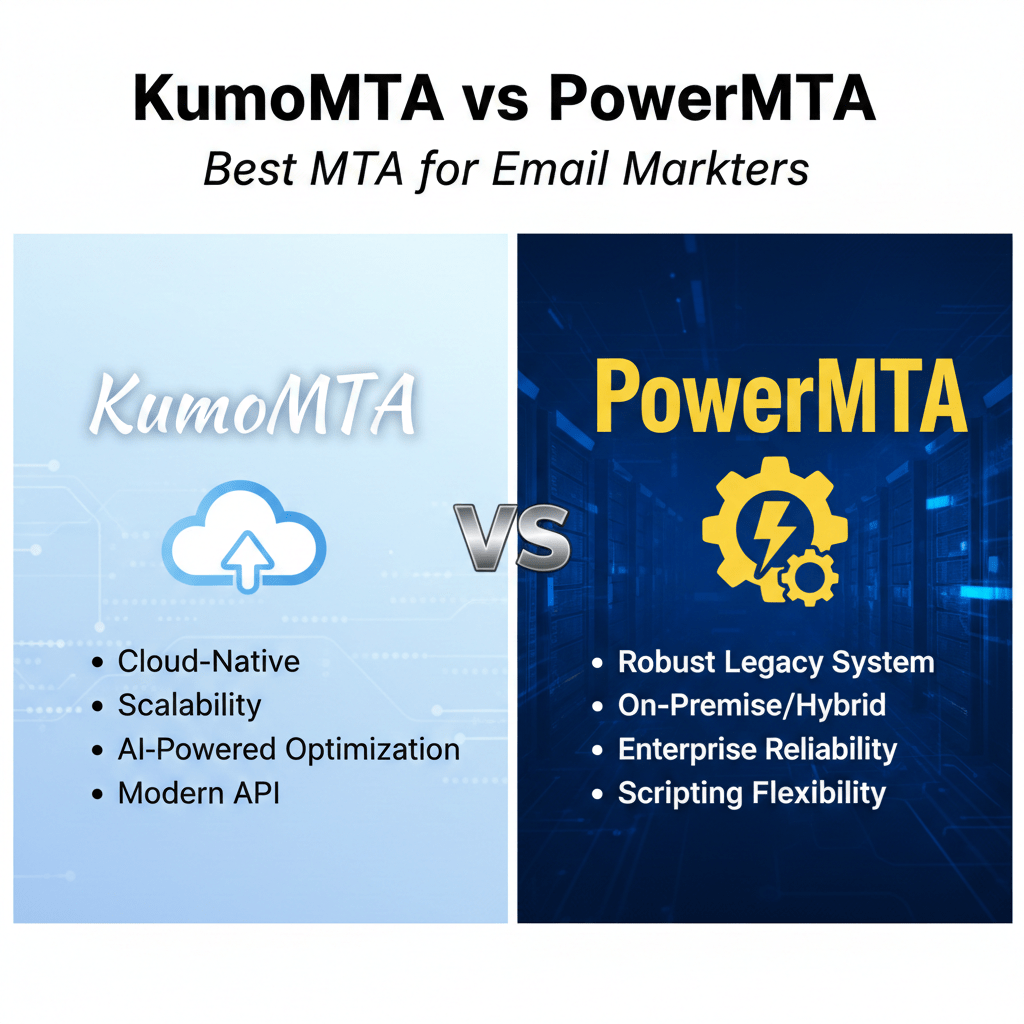
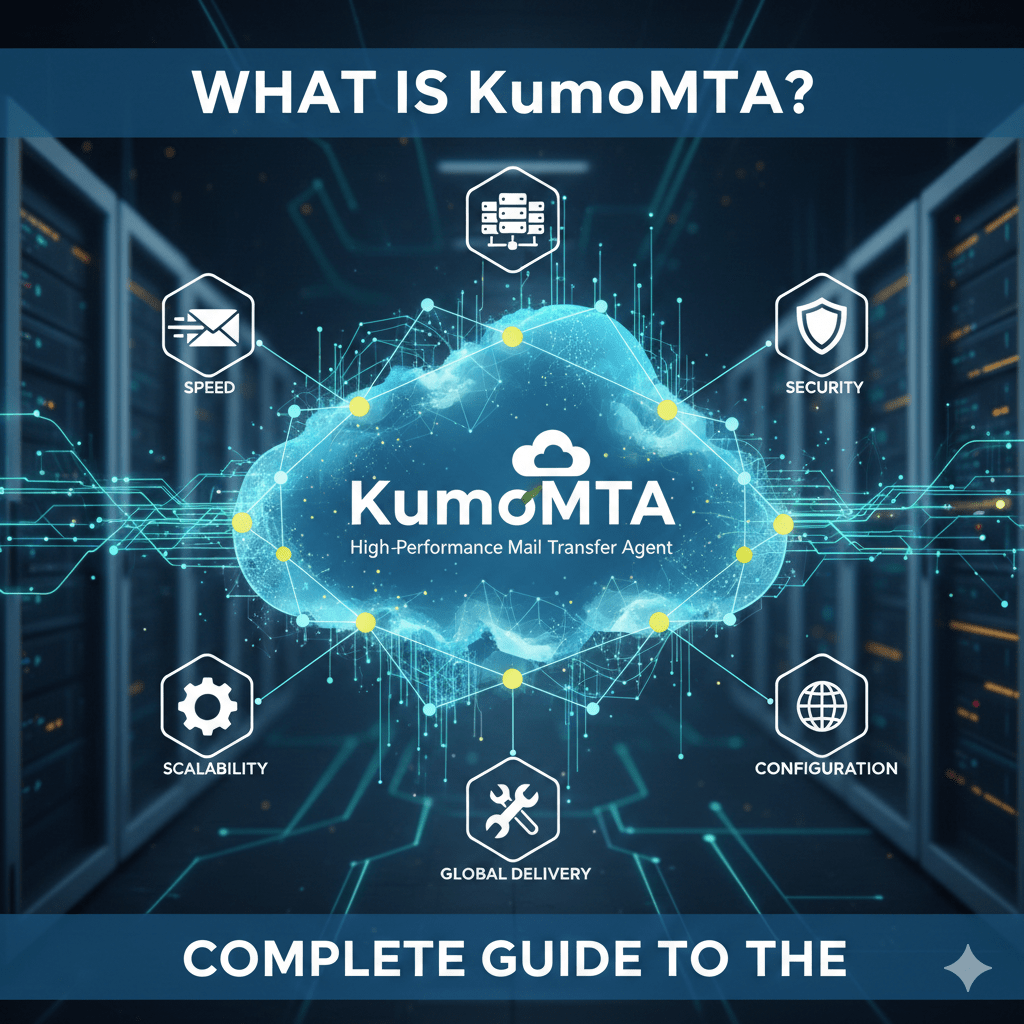

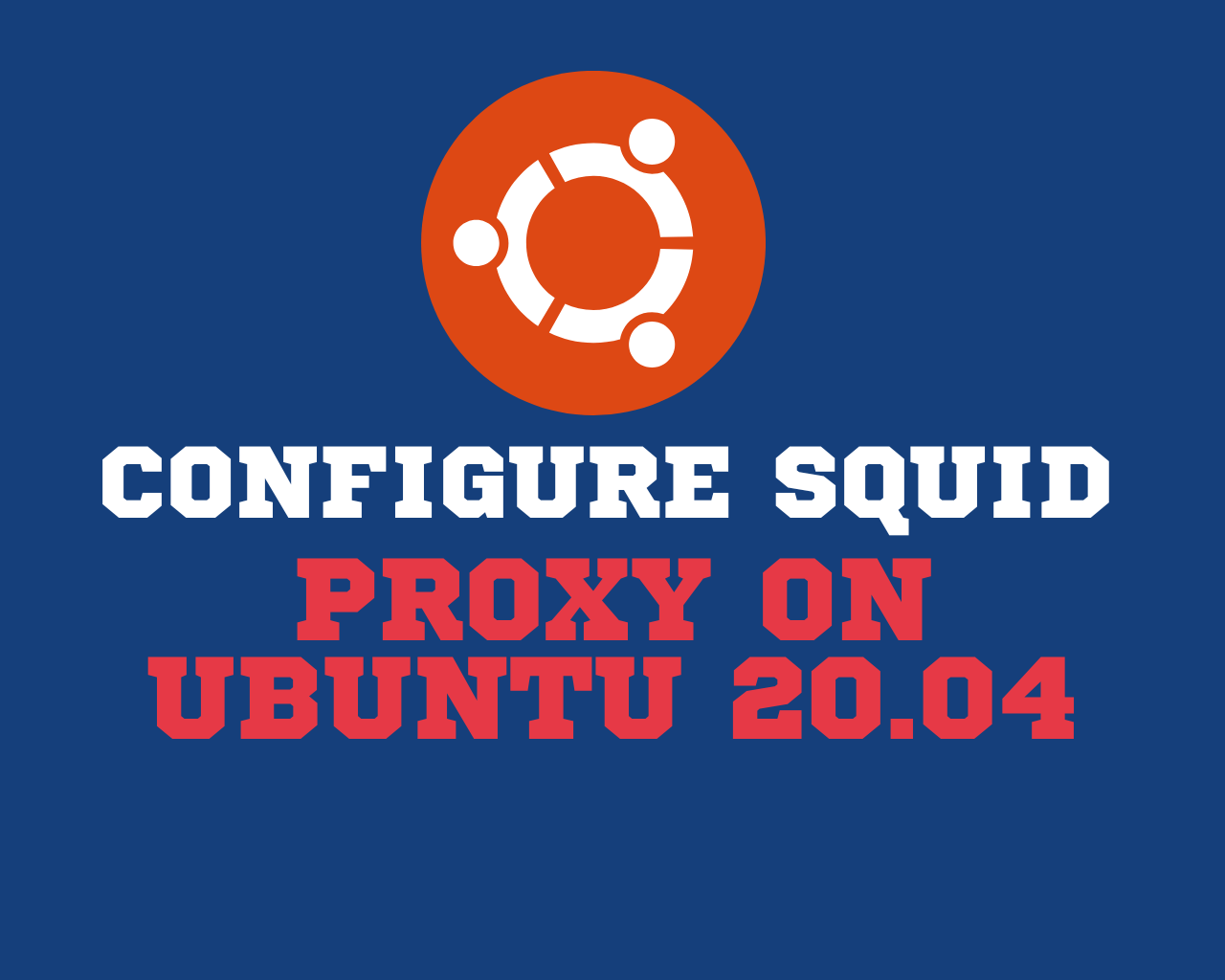

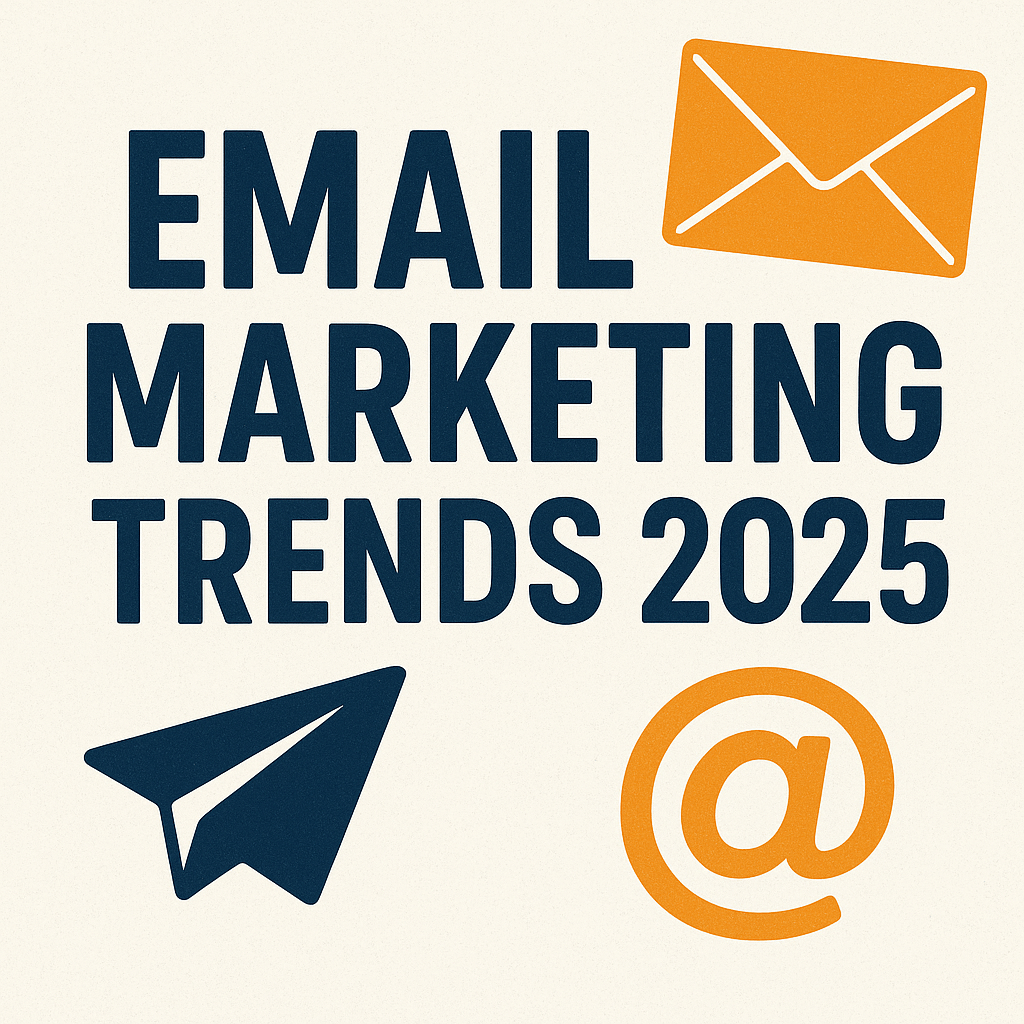
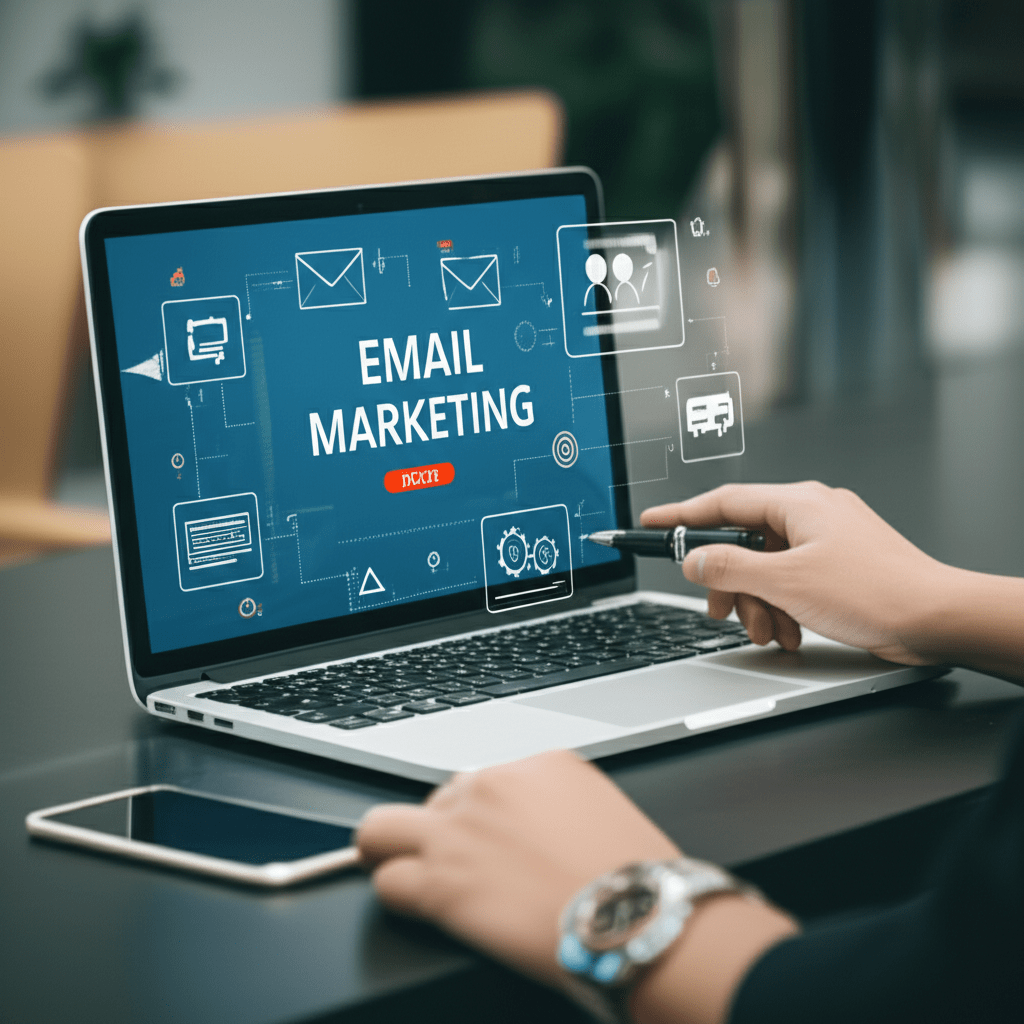
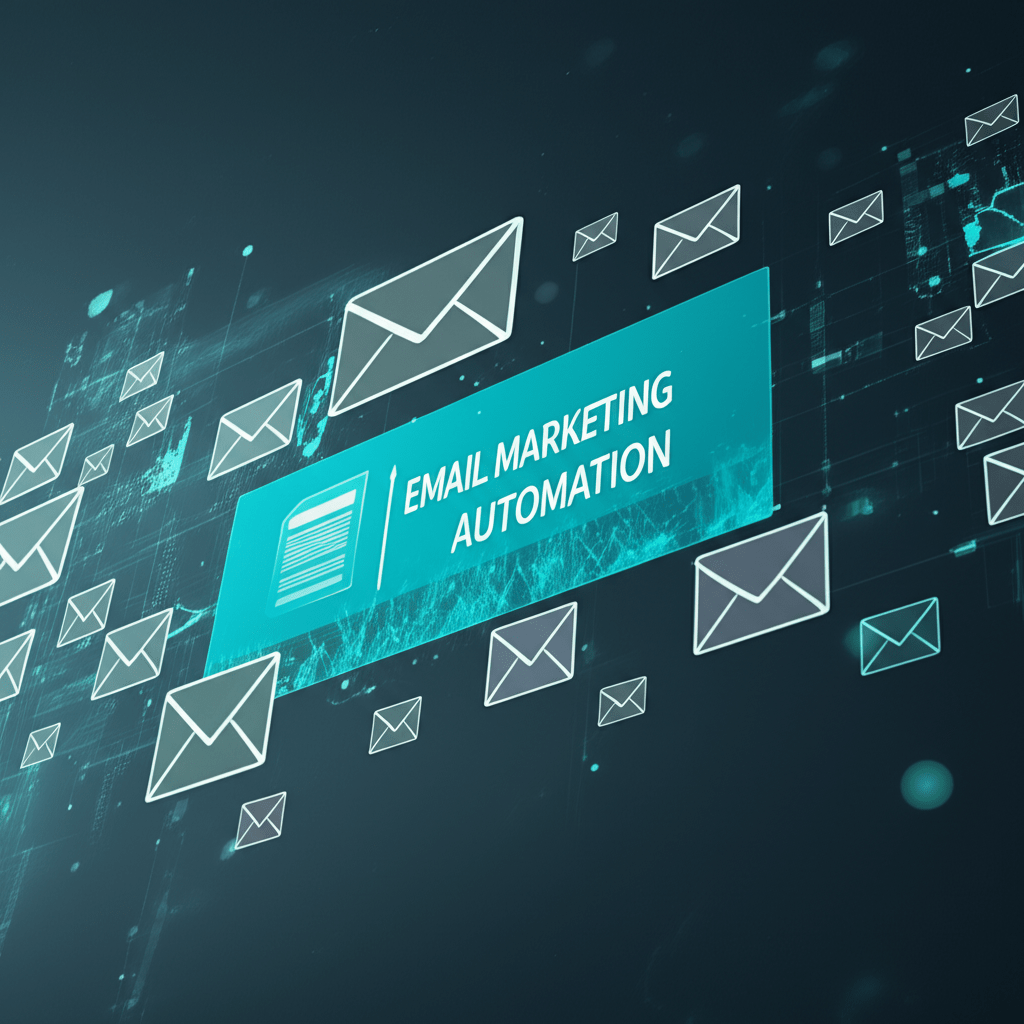
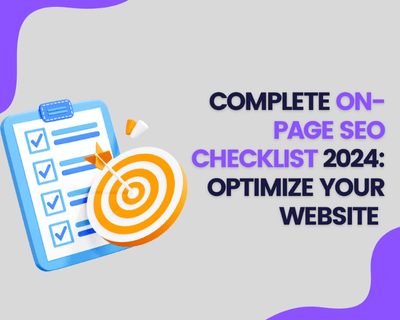

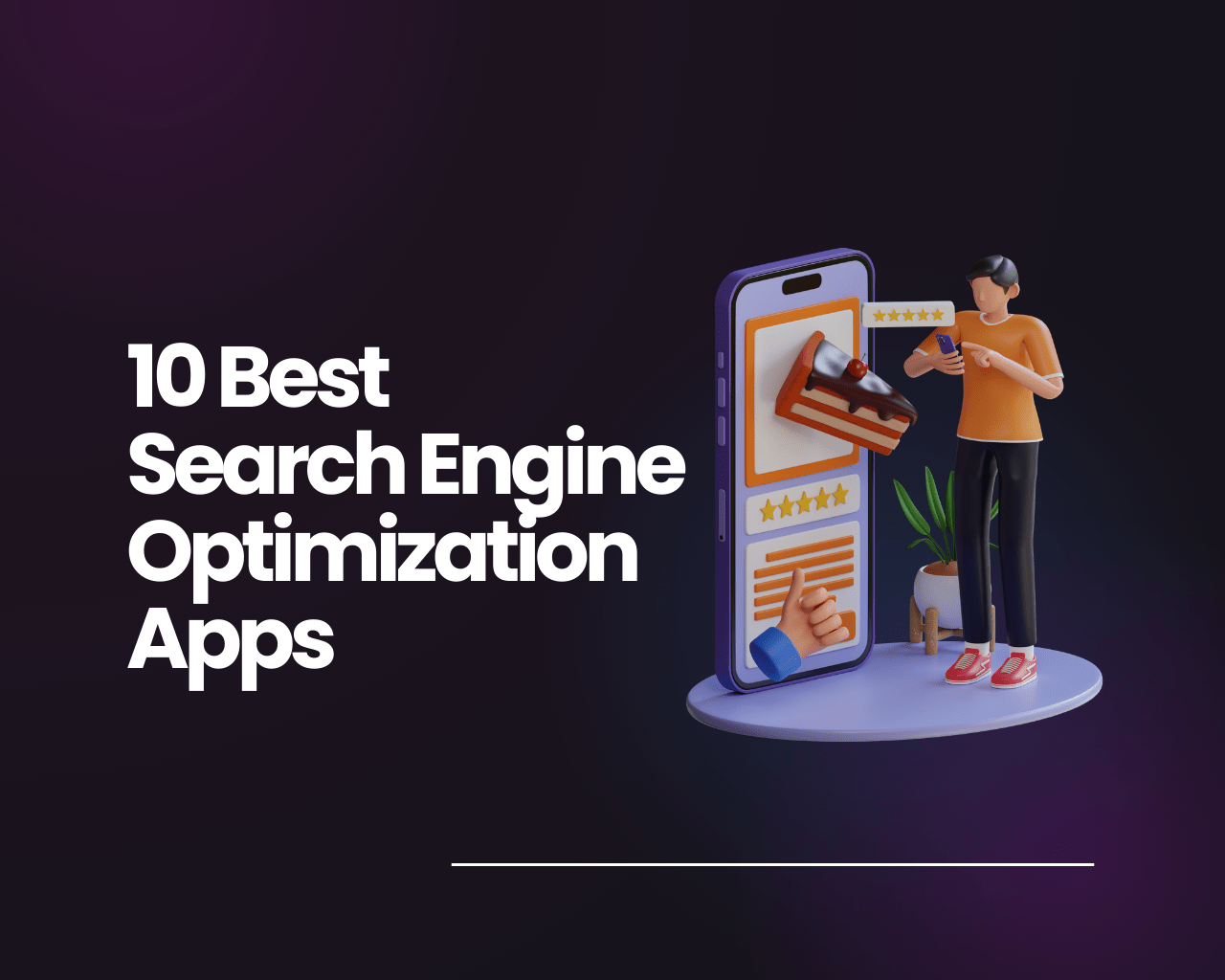
Leave a Reply